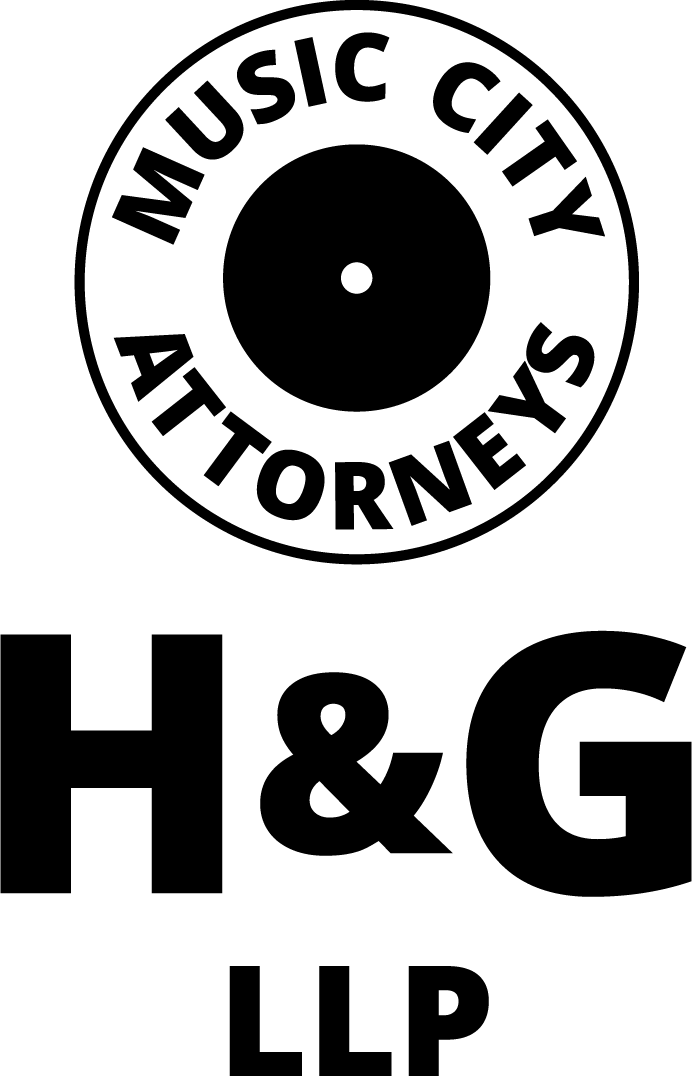Fundamental Provisions of Licensing Agreements
Licensing agreements are commonplace in the business and entertainment world. Yet, not everyone who enters into one fully understands what is happening under the contract or how the deal can be structured to be most beneficial for them. This blog will shed light on what a licensing deal is at its core and discuss some of the fundamentals provisions of a licensing agreement.
What is a Licensing Contract?
A licensing agreement is a binding contract between two entities, the licensor and licensee. The licensor is the party granting certain rights and privileges while the entity receiving them is the licensee. Typically, a licensor grants a licensee the right to produce or sell certain goods; reproduce material that is subject to copyright or trademark; or use patented technology.
Some examples of this include 1) a photographer who licenses the use of one of her photos to a website owner or media publisher; 2) a video game creator licensing their work to an app store or third party host; or 3) an inventor licensing their patented technology to a manufacturer for production.
What are the Fundamental Provisions of a Licensing Contract?
1) Grant of Rights
The Grant of Rights or License Grant provision in a licensing agreement is far and away the most important provision of the contract. This provision lays out the permitted uses of whatever content, product, or technology is being licensed. This provision should clearly describe what is being licensed versus what is not. It is important to be explicit because vague or ambiguous language can lead to different interpretations or even a dispute between the licensor and licensee.
Think of the Grant of Rights provision as the “what” and “how” of a licensing agreement. In other words, the grant of rights describes “what” is being licensed and “how” the licensed material may be used. For example, imagine a photographer is approached by the New York Times to use their image for a front page news story. The photographer could grant them rights to use the photograph for their front page story of the newspaper, but not for use on their website. In the case of an inventor, the inventor may license their patented technology or design to a manufacturer for purposes of production, but simultaneously retain the right to sell such products themselves.
2) Term
The Term provision in a licensing agreement is important because it determines how long the contract will last. While this provision is often much simpler and shorter than most other provisions in a licensing contract, it is by no means any less important. A well-defined term provision is important because it provides clarity on the length of time for which the license is valid and helps the licensor and licensee establish expectations on what will be accomplished over the course of the contract. For example, a licensing contract for certain consumer goods may have an initial term of 3-5 years. This gives the licensee enough time to build a strategy for effectively marketing the product and provides the licensor with a means of exiting the deal should the licensee’s performance be inadequate.
3) Exclusive vs. Non-exclusive
Think of the Exclusivity provision as the “who” of a licensing agreement. In other words, an exclusivity provision will state “who” gets the rights to a license. If the licensing agreement is exclusive, then the licensor is granting a license solely to that individual licensee and no one else. If the licensing agreement is non-exclusive, then the licensor is free to grant similar licenses to as many individual licensees as it wants. It is extremely important for the parties to a licensing agreement to determine the degree of exclusivity that is appropriate for their contract because you do not want a contract that is too restrictive or lacks value. Depending on the subject matter of what is being licensed, an exclusive license may be quite valuable for one party but overly broad for the other. Both parties to a licensing agreement need to feel that they are getting adequate value out of the contract because then they will be motivated to try and make the most out of the deal and monetize it as best as possible.
To illustrate the importance of exclusivity in a licensing agreement, consider the following example: imagine you just wrote a song and a small brand approaches you seeking to use the song in their new commercial to air on local television. If you grant them an exclusive license then you may lose out on licensing the song to other parties and possibly more lucrative deals. Coca-Cola could approach you the day after you execute the exclusive deal with the small brand offering one million dollars to use the song exclusively in their new commercial, but you would be prohibited from entering into the deal because of the binding agreement with the small brand.
Summing it Up
Remember, in any licensing contract the Grant of Rights, Term, and Exclusivity are some of the most important provisions to consider. If you like to use mnemonic devices to help your memory, think GTE (Grant, Term, Exclusivity) to help you ensure you do not miss the key points within your licensing contract. Please note, the list of important provisions within this blog is by no means exhaustive and every licensing deal can have its own important particularities which is why you should always retain independent counsel to review, prepare, and negotiate the agreement for you. An experienced attorney will know what to look out for and help ensure you get the best deal possible.
Contact us today if you would like help with your licensing agreement!
See our blog for other interesting topics.
Photo by Cytonn Photography on Unsplash
*The material and information in this blog is for general informational purposes only. In no way is this information to be construed as legal advice for a particular situation.*

